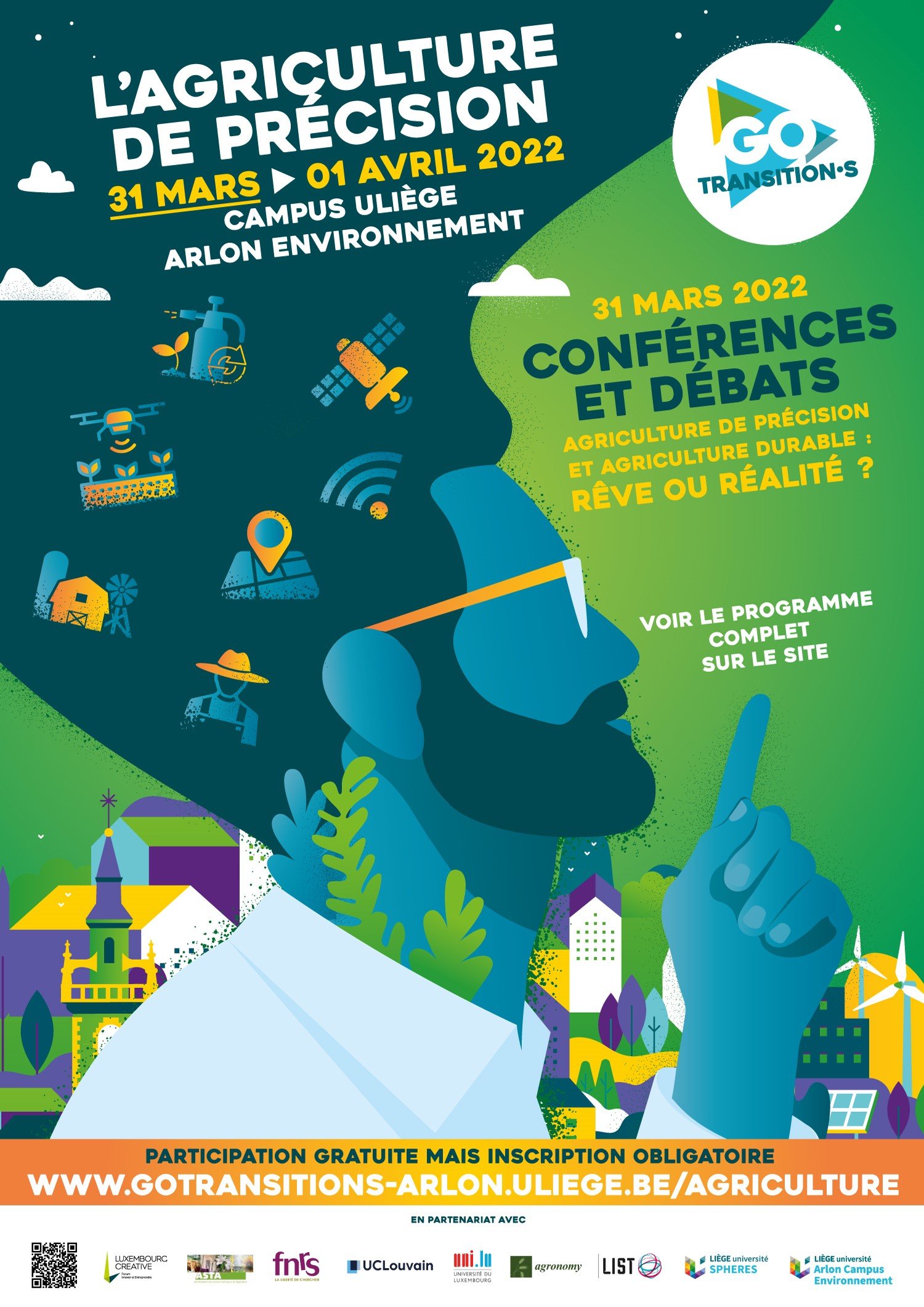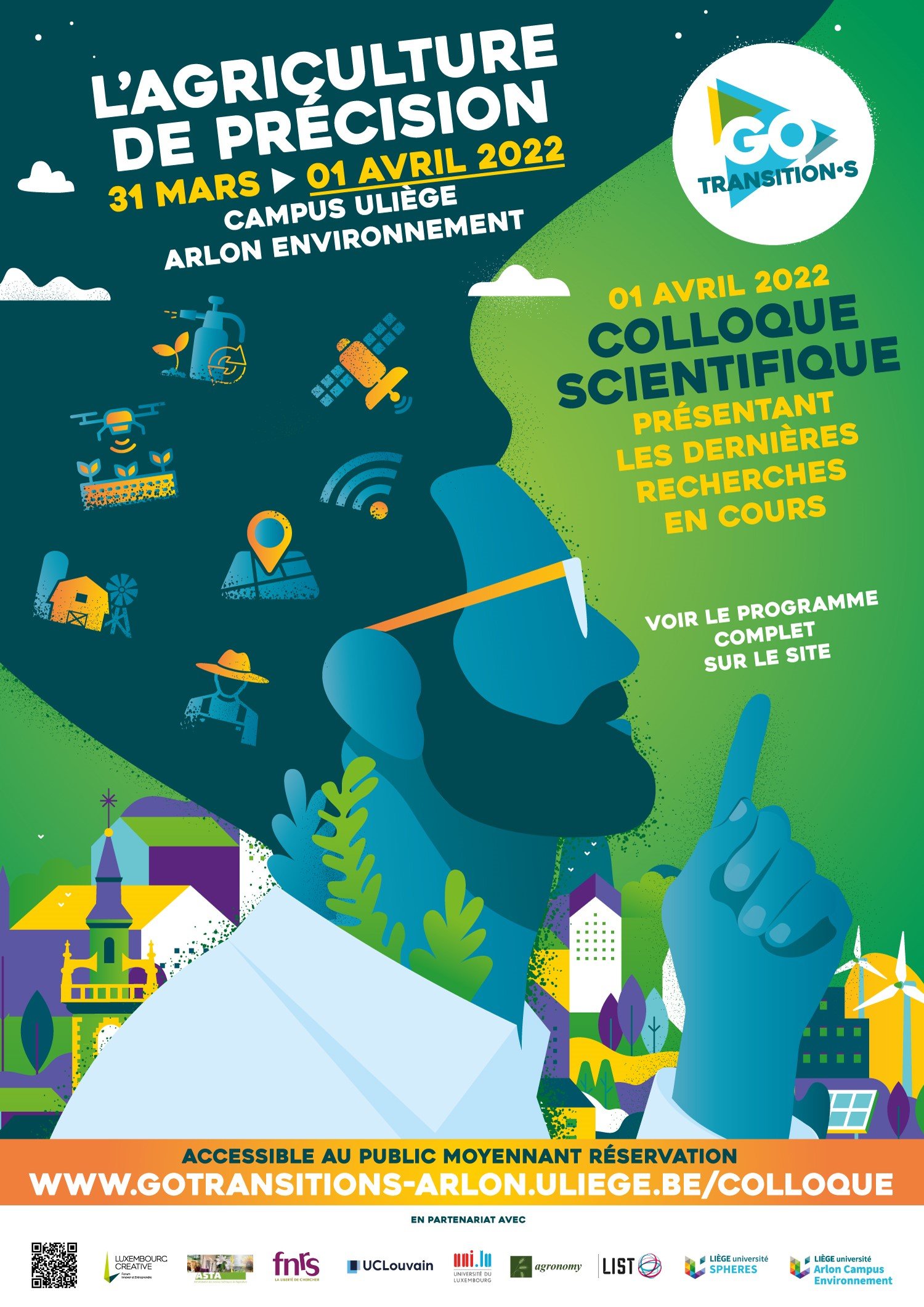31 March—First day of the Conference

Managing agriculture with less water and fewer pesticides: the promises of precision agriculture are attractive—but is it a dream or reality?
Some experts believe it is possible, given that precision agriculture encompasses a set of techniques and practices that rely on the integration of information and communication technologies to observe, monitor, and manage farming activities as well as other links in the supply chain.
The central feature of precision agriculture is that it is based on the search for agronomic optimization at the level of the cultivated plant (or animal in the case of livestock), notably using new technologies.
However, other experts argue that while precision farming seeks to optimize its use of water and inputs (with good intentions), it is, in fact, an extension of the logic of so-called “conventional” agriculture, which seeks to treat symptoms rather than restore natural balances at a larger scale. For these experts, agroecological farms generally offer farmers better medium-term economic results than so-called “conventional” farms. This is particularly the case for organic farms at the end of their transition. They, therefore, advocate public impact studies, which are necessary to verify the announced benefits and to measure the environmental and social impacts.
Faced with an ecological and social emergency, it is necessary to initiate a real transition of systems towards agroecological practices and to take advantage of the know-how of precision agriculture while advocating environmental preservation.
The first day of the Conference titled “Precision Agriculture for Transition: How to Drastically and Effectively Reduce the Use of Pesticides”, will address precision agriculture and the ecological transition. Experts in the field will debate this issue and identify the best alternatives and solutions for the future.
1 April—Second day of the Conference

Modern agriculture is facing several major challenges, including how to substantially increase agricultural production by at least 50% by 2050 to feed the growing world population while preserving the environment. In other words, the question remains on how to feed present generations without compromising the future. Given the development of increasingly virulent strains of plant diseases and the resistance of some of these diseases to agrochemicals, it is crucial to develop integrated plant protection strategies for effective and timely phytosanitary treatments to ensure sustainable and profitable farming activities.
The Colloquium “Precision Farming at the Service of Transition” aims at promoting and encouraging scientific debates and sharing of experiences around various themes, including recent scientific and technological research in precision agriculture and the factors involved in adopting these technologies. We should also not forget the use and development of data, which are becoming increasingly numerous and diverse in the digital world, and the various challenges linked to a rapid transition to sustainable digital/precision agriculture.
Presentation and discussion of these topics will undoubtedly allow experts participating in the conference to discuss all of these issues.



